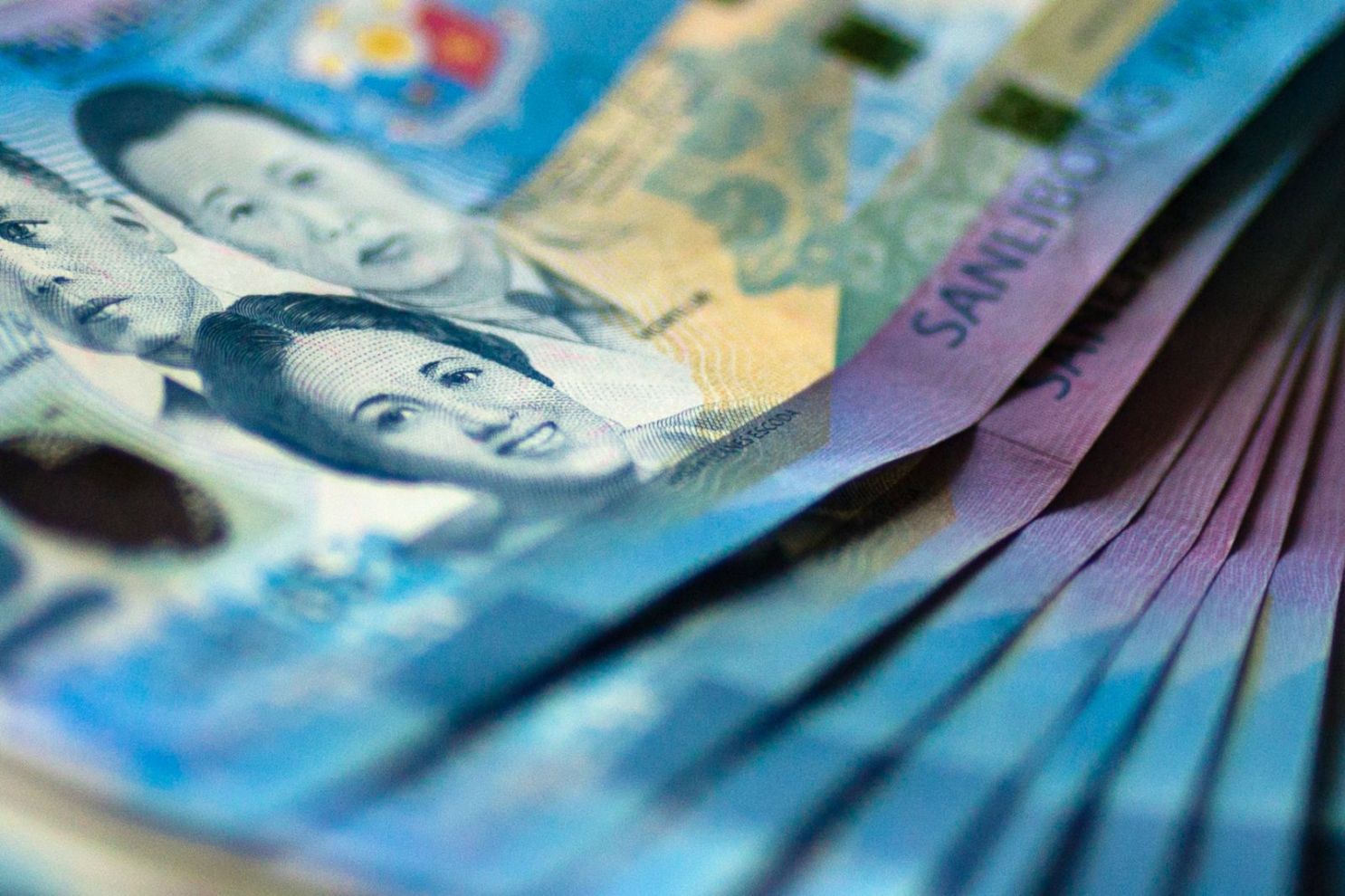Philippines faces hurdles in following Indonesia’s tax amnesty
Weeks after Indonesia reported netting more than US$10 billion from a tax amnesty, the Philippine government said it’s mulling a similar move. Implementing it may not be that easy.
In Indonesia, the amnesty gave individuals a reprieve from prosecution if they came clean on unreported income or hidden assets abroad. The Philippines is considering a more targeted approach – focused on those avoiding paying taxes on property, estates and income – and only plan to adopt it once authorities beef up tax compliance.
President Rodrigo Duterte needs the additional revenue to fund his ambitious infrastructure programme but he has limited resources in a country where tax avoidance is rampant: only about 15 per cent of the 100 million population are registered as taxpayers. The previous administration estimated lost revenue due to evasion at about US$10 billion a year.
Here are some reasons why the Philippines isn’t close to implementing a tax amnesty yet:
Law Officials are hobbled by a law that prohibits the disclosure of or inquiry into bank deposits. There are only a few exemptions such as impeachment and court cases. The law, a legacy from the 1950s, is comparable to similar statutes in Switzerland and Lebanon, the Philippines’ National Tax Research Center said in a paper last year. Bills filed in Congress seek to ease these restrictions.
OECD Standard
The Automatic Exchange of Information arrangement by the Organisation for Economic Co-operation and Development was a key reason for the success of Indonesia’s tax amnesty. Under the agreement, signed by Singapore and Indonesia but not by the Philippines, countries will start in 2018 to share details of their nationals that hold bank accounts in other countries without the need for specific requests.
That presented a “credible threat” to taxpayers in Indonesia, prompting them to comply to avoid prosecution in future, said Michael Wan, an economist at Credit Suisse Group AG in Singapore. Taxpayers in the Philippines don’t have a similar threat, he said, reducing their incentive to come clean.
Fiscal Priorities
The Philippines is pursuing a revamp of tax laws – including raising taxes on cars and fuel while lowering some duties – in order to generate an estimated 163 billion pesos (S$4.61 billion) a year in revenue. Finance secretary Carlos Dominguez has said he is confident the first of the bills will be passed by about October.
“The possibility of a tax amnesty will depend on when the first tax reform package will be passed,” said Eugenia Victorino, an economist at Australia & New Zealand Banking Group in Singapore.
“The Department of Finance has made it clear that it won’t pursue other tax measures unless that is passed.”
Past Amnesties
The Philippines has a long history of failed tax amnesties, according to Credit Suisse’s Mr Wan. It raised revenue equivalent to one per cent of gross domestic product in 1973 with other amnesties collecting only a fraction of that. In the latest amnesty in 2007 to 2008, the government collected less than 0.1 per cent of GDP worth of revenue, according to Credit Suisse.
Lawmakers are currently considering a bill granting amnesty for estate taxes and are working on other bills, including a reprieve on unpaid taxes from January 2006 to June 2016.
“While we could see some positive impact on the perception of our ability to collect taxes with a one-time issuance of an amnesty, I think market participants will want to see how the amnesty is going to be part of a bigger plan to reform a very leaky tax system,” said Emilio Neri Jr, lead economist at Bank of the Philippine Islands in Manila.
Source: http://www.businesstimes.com.sg/government-economy/philippines-faces-hurdles-in-following-indonesias-tax-amnesty


 English
English




